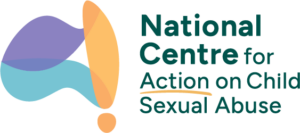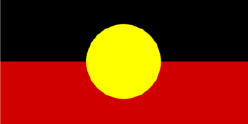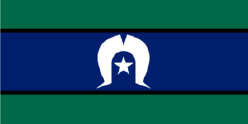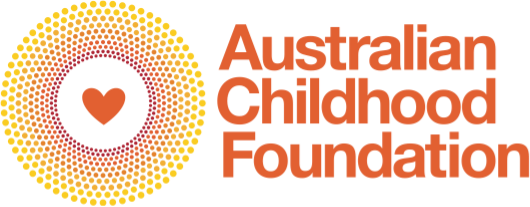Active Research
Workforce Capability Project: Developing a workforce capability statement to underpin how workers prevent and respond to child sexual abuse across the lifespan
Research Topic areas
- Education
- Government & policy responses
- Mental health
- Therapeutic responses
Project Duration
Start: March 2025
End: October 2025
Geographical Scope
Nation-wide
Populations
Workforce
All ages
Gender
All genders
Project Lead
Dr Lauren Lines, Flinders University
Project Team
Alex Owens, Flinders University
Background
Workers across multiple disciplines (health, education, welfare, law enforcement) do not feel adequately equipped to prevent and respond to child sexual abuse across the lifespan. Effectively equipping the workforce requires responses at multiple levels, including:
– Enhancing undergraduate pathways of priority qualifications so workers are better equipped before they enter the workforce.
– Enhancing access to postgraduate level programs for those already in the workforce, including generalist and specialist roles.
– Enhancing undergraduate pathways of priority qualifications so workers are better equipped before they enter the workforce.
– Enhancing access to postgraduate level programs for those already in the workforce, including generalist and specialist roles.
Aims
This Workforce Capability Project builds on work undertaken to date, by both the National Centre for Action on Child Sexual Abuse and other key bodies) to articulate the required capabilities for the generalist workforce.
Methods
Phase 1: Planning and synthesis of existing evidence
– The landscape of existing evidence, including literature, practice-related standards, government enquiries, and National Centre evidence, will be mapped and synthesised.
Phase 2: Developing a framework
– A framework articulating core domains and related capabilities, knowledge, and skills for priority professions will be developed.
Phase 3: Consultation
– Feedback from key stakeholders will be sourced to conduct a broad sense-check on the utility of the framework.
– The landscape of existing evidence, including literature, practice-related standards, government enquiries, and National Centre evidence, will be mapped and synthesised.
Phase 2: Developing a framework
– A framework articulating core domains and related capabilities, knowledge, and skills for priority professions will be developed.
Phase 3: Consultation
– Feedback from key stakeholders will be sourced to conduct a broad sense-check on the utility of the framework.
Significance and Dissemination
This capability framework will underpin future work, inclusive of guiding and embedding of capabilities for workers into different pathways and educational approaches.
Further Details
Share project
Funding body:
The National Centre for Action on Child Sexual Abuse
The National Centre for Action on Child Sexual Abuse
Related posts: Response to child sexual abuse
Prevention
Understanding best practice and the role of professionals in preventing child sexual abuse and harmful sexual behaviours
Chelsea Farrugia
Australian Catholic University
Australian Catholic University
Prevention of child sexual abuse
Upskilling the community sport volunteer workforce to respond to child abuse in sport: a collaborative research project
Aurelie Pankowiak
Institute for Health and Sport, Victoria University
Institute for Health and Sport, Victoria University






